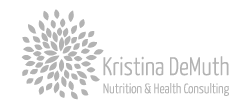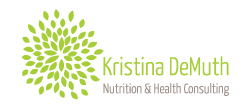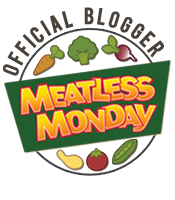Many people have questions, here’s some common FAQ’s….
What’s the difference between a dietitian and a nutritionist?
I often like to compare a registered dietitian to a registered nurse. Our programs and tracks are very similar, we just engage in slightly different areas of practice. Like a registered nurse, dietitians are required to go to school in an accredited dietetics program, complete an accredited internship program, and complete a board’s exam to become a dietitian. Every 5 years dietitians need to complete 75 hours of continuing education to remain a registered dietitian. Registered dietitians can call themselves nutritionists because we are. However, nutritionists can’t call themselves dietitians due to legal terms surrounding the professional name. Nutritionists aren’t held to the same standards of learning or practice across programs and criteria; whereas, all dietetic programs, internships, exams, and continuing education are standardized. All dietitians will at some point have had to take an anatomy class, a biochemistry class, a food and metabolism class… etc.
Why might I want to work with a dietitian?
Food is a powerful vehicle for our health. All humans are reliant on it for sustaining our life, but some of the choices that we make with food can also increase our risk for disease and chances of dying earlier from preventable diseases. Dietitians are knowledgeable about the powerful impacts food can play in your life and in your body! We can help you to do some of the following: create a healthier relationship with food; lose weight healthfully; manage any food-related diseases; improve your energy and quality of life; eat healthier with a limited budget; eat better with food allergies; meal planning and grocery shopping… and more! Dietitians also help in organizations with research, writing, and recipe development.
Why did you choose to get your Masters in Public Health?
During my senior year of college, I took my first trip to Haiti on a 10-day service trip through my aunt and uncle’s organization. After I became a dietitian, I moved to Haiti for a year to help start the feeding center program at an orphanage and work with some of the malnourished kiddos. I realized that a lot of the work I was doing was in public health, and decided to go back to school to continue to learn more about program development, evaluation, and research/ grant writing. A lot of really unique experiences came out of graduate school and I am really thankful for that opportunity!
What is plant-based eating?
It depends whom you ask and what other terms they use with it. Generally, a plant-based diet means it includes a large amount of plant-foods (e.g. beans, whole grains, nuts, seeds, fruits, veggies, roots, and tubers). A plant-based diet limits the amount of animal products (e.g. Meat, poultry, eggs, dairy, butter, fish) in one’s diet or excludes it all together. Whole foods, plant-based diet generally means it contains little to no refined foods (e.g. white flour, added sugars, oils), and focuses on foods in their most whole form (e.g. avocados instead of avocado oil or whole grains rather than white flour).




